Benjamin Steiner
As an eight year old, Benjamin Steiner was thrust from his comfortable home in Budapest, Hungary into the cauldron of Auschwitz, where for ten months he endured unimaginable suffering at the hand of the Nazis. Remarkably, he survived the medical experimentation foisted on him by Josef Mengele and was reunited with his parents after the war.
Life in post-war Hungary was difficult. As a university student Ben found himself caught up in the Hungarian uprising which prompted his hasty departure from his homeland. After surveying his options he was drawn to the good climate of NZ and the promise of “Maori maidens” bathing in streams and rivers. The latter was not to eventuate, but he did end up briefly working in a band with the Māori Hi-Fives, with whom he toured the world.
Ben’s Childhood
Ben Steiner was born in 1935 in Budapest. His mother was Polish and worked as a doctor. His father sold medical equipment and later became an engineer. Ben had fond memories of his childhood. His family would take holidays in the countryside in their summer house, which had orchards and vineyards. They had many good friends who came to their home for meals and various Jewish functions. Ben remembers his mother being “quite religious with a strong Jewish faith”.
Although restrictions were placed on Jews in Hungary, life during the war was tolerable until the 1944 German occupation. As the truth surfaced that Jews were being deported to camps, panic ensued. Jews hid their children, many tried to leave Hungary and some left everything behind.
Ben’s mother decided her young son would have a better chance of survival in a Catholic convent, however the convent was not immune from the Nazi round-up of children. Indeed, one particular Nun ensured Ben didn’t escape, pulling him out, saying, “Come on you little Jew, you know you have to step forward”. Ben held tightly to his friend Eva Goldberg. Together they were transported to Auschwitz in a railway wagon, traveling for two days and two nights, with no food, little water and a bucket in the corner for a toilet. Another deportee, Mrs Levy, separated from own her family, took the scared little boy under her wing and comforted him.
A photo would later emerge of this woman disembarking a train at Auschwitz holding tightly to Ben’s hand.
Hungarian Transport, Auschwitz, from the Auschwitz Album, Yad Vashem.
Upon arrival at Auschwitz, people were separated and sent into various lines: the strong; women and children; and old people, whom Ben later learnt were sent straight to the gas chamber.
Ben and his friend Eva were selected for medical experimentation under the supervision of Dr Josef Mengele. Ben was exposed to all kinds of treatment; taking of blood, injections, incisions in different places, and cobalt treatment that left him with no hair.
They measured our faces and heads, our bones. They measured how big my nose is, how wide my eyes from my scars.
There was a daily routine. They took blood from all of us and gave us pills. They took us in a white ambulance to the laboratory in Birkenau where they were doing the experimenting.
Different children had different treatments. Some were operated on. There were dwarves. Some had their leg or their arm taken off. It was a disgusting mess.
At that time I didn't have a clue what was going on. It was like I was hypnotized, not awake. I was like an animal that was caged and lived month by month. I had no spirit. I had no hope.
The one bright light in his existence was his friendship with Eva. She was 12 years old and slept in the bunk above him. Ben described her as the “life of the party”.
She used to wake me up and chat to me. She kept me happy and smiling. She used to tickle my head. My ear. She used to say, come on, wake up lazy, lazy boy. One morning she didn't wake me up any longer. A couple of hours later I was told she was dead. They got her down from the top bunk and they wheeled her out. That broke me to pieces.
Another incident seared in his memory was the time that one of the Jewish prisoners, Ruth Steiner, tried to protect him. Mrs Steiner intervened when a soldier started hitting Ben to get him moving.
Benjamin was interviewed by the author for Shadows of Shoah (now Holocaust and Antisemitism Foundation, Aotearoa New Zealand) on 25 July 2014 and 16 December 2014.
She said to him, “Don’t, don't keep hitting him. He's not well. He’s had a tough night”.
The soldier took out his gun and shot her on the spot.
Ben later changed his surname to Steiner, in honour of her memory.
Ben endured ten months in Auschwitz. Once liberated, he took many months to recover, firstly in a sanatorium in Denmark and then in Hungary.
During the war, Ben’s father had been taken by the Germans to work as an engineer, assembling V1 and V2 rockets and ammunition. When D-Day came his father was caught by the British and taken to a prisoner of war camp in England. It took months for them to determine he was a genuine prisoner. Ben’s mother had been seconded to the Eastern Front where she worked in a camp as a doctor for German soldiers. It was the middle of 1946 before he was reunited with his parents.
Post War Hungary
Life continued to be difficult after the war. Confiscated Jewish homes were not returned to their owners and all Hungarians suffered under the control of Russia. Hungarians faced daily material hardship, but also the Russian suppression of their culture.
Hungarian Uprising 1956. Image: www.time.com
With a high IQ, Ben was able to enter university at sixteen. He succeeded at university and became a student leader.
Ben explained the circumstances that led to his hasty departure from his homeland. In October 1956, an outdoor gathering took place in a park, beside the statue of General József Bem, a national hero of Poland and Hungary. Ben remembered it as an occasion to celebrate a popular Hungarian poet. In his view it wasn’t a protest. However, Russian soldiers intervened to disperse the crowd, pushing and shoving the many university students gathered. The scuffle escalated and the Russian soldiers fired on the crowd. Anger ignited like a powder keg as Hungarians fought back and some Russian soldiers were killed. This event was the beginning of the Hungarian Uprising.
Ben found himself in a gun battle with the Russians, holed up in a room at the university. Seven of his fellow students were killed and seven soldiers died. Benjamin was one of two students who survived that skirmish. As Ben staggered into hospital with two bullets in his leg, he was met by his mother who treated his wounds. She said to him, “I told you to keep quiet”.
It soon became clear that Ben could no longer stay in Hungary. The Hungarian secret service was ruthless, seeking out enemies of Russia and sending them to prison or to their deaths. Ben and his friends limped their way to the border where Austrian soldiers met them.
Ben stayed in Vienna for a while, along with 200,000 other refugees. In surveying his options, he was drawn to New Zealand by the promise of good weather and “Māori maidens” bathing in the streams.
Life in New Zealand
Ben arrived in New Zealand, with few belongings and no English. He was met by Rabbi Astor, who upon learning that he was musical, kitted him out with a saxophone. Ben soon found work with the Māori Hi-Fives. He travelled with the band on a six month world tour and, as a young man, enjoyed the lifestyle.
However, his future father-in-law stipulated that in order to marry his daughter, Ben had to get a “proper” job. Ben worked for Air NZ for 20 years and later went into the restaurant business. He had two daughters with his first wife and later remarried.
In the final 5 or 6 years of his life, Ben began to share his story about the Holocaust. In the early days, nobody asked him to talk about it. At first he found speaking about his experiences too difficult. He would shake and break down, but he grew stronger over time. Ben watched many Holocaust documentaries and on one occasion recognised in a photograph, the woman who had looked after him on that dreaded rail trip to Auschwitz. He also recognised Karl Hoecker, who in the Nuremberg trials had denied he was at Auschwitz. Ben recognised him as one of the officers who participated in the selection process. Hoecker had denied this and been set free.
Ben Steiner lost 22 members of his family from his mother’s side, including his grandparents. His relatives were either hanged, shot or simply disappeared. Ben suffered health problems all his life as a result of the medical experimentation at Auschwitz. He also faced emotional and psychological challenges as well. Following the breakdown of his second marriage, he attempted suicide, which left him hospitalised for six months.
Ben expressed enormous gratitude for his life in NZ, a country that he believed looked after people, providing free health care and pensions for the elderly. He truly believed it was the best place in the world. He opined,
“It turned out good because I came to NZ. It was a good life. I had good jobs. Twice I became a millionaire and twice I lost it, but I don’t regret it…I were (sic) very lucky”.
by Dr Sheree Trotter based on interviews conducted in 2014




